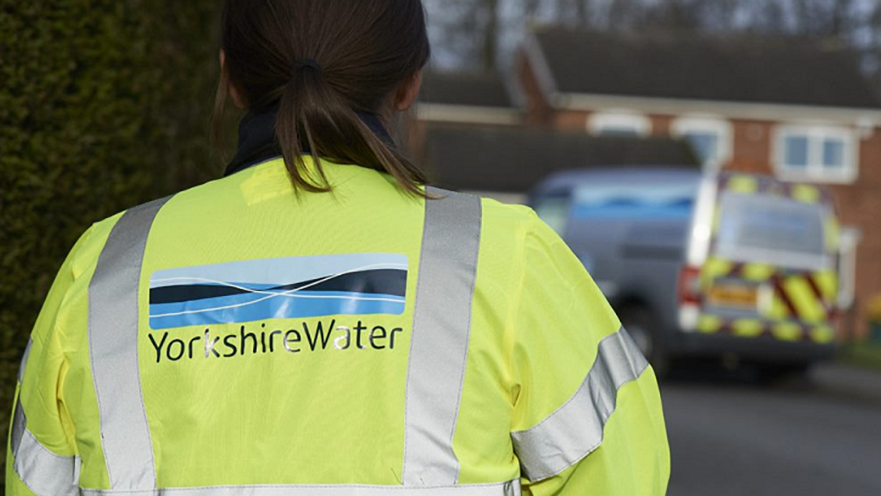Yorkshire Water is to invest £180m in reducing discharges from storm overflows in the next two years.
More than 190 overflows have been earmarked for investment as part of the plan and work on the first batch of improvements is already under way, with work being carried out on overflows which discharge into all the major rivers throughout the region.
The investment is in addition to the £147m being spent as part of the utility’s current five-year business plan and the work being planned between 2025 and 2030, which will see the company’s largest environmental investment since privatisation.
Nicola Shaw, CEO of Yorkshire Water, said: “We did not act quickly enough to tackle the issue of storm overflows into rivers. Despite the number and duration of discharges from storm overflows in Yorkshire decreasing in 2022 we understand they happen more than our customers would like, and we are determined to tackle this issue and do our bit for river health.
“Tackling overflows, which were designed into the system as a relief valve, is a priority for us, but it is also a significant task. In Yorkshire, we have over 2,200 overflows and we know replumbing the whole of Yorkshire is not a quick fix as it would be both significantly disruptive and costly to customers. But, further investment from our shareholders is helping us tackle this issue.
“We’ve now launched a project that will see £180m spent on storm overflow improvements in the next two years. This will target the overflows we know are operating more frequently and for longer. Our teams are already on the ground working on the first of these overflows and the investment will help to reduce discharges by at least 20%, but in most cases, we’ll be going way beyond that and reducing them significantly.”
Projects will involve building additional storage tanks to retain more wastewater, holding it back, so it doesn’t go through overflows, redirecting rainwater away from sewers and into water butts or SUDs, removing water sources that shouldn’t be plumbed in the network and preventing water naturally seeping in and changing operations at the wider sewer network and pumping stations that could reduce the need for overflows to kick in to action.
Nicola added: “Storm overflows are a priority for us and that’s why we’ve funded these improvements. We’re going beyond the government’s storm overflow reduction plan and we’re already planning our largest ever environmental investment programme between 2025 and 2030, this is only the beginning as we embark on the biggest investment programme since privatisation.”



